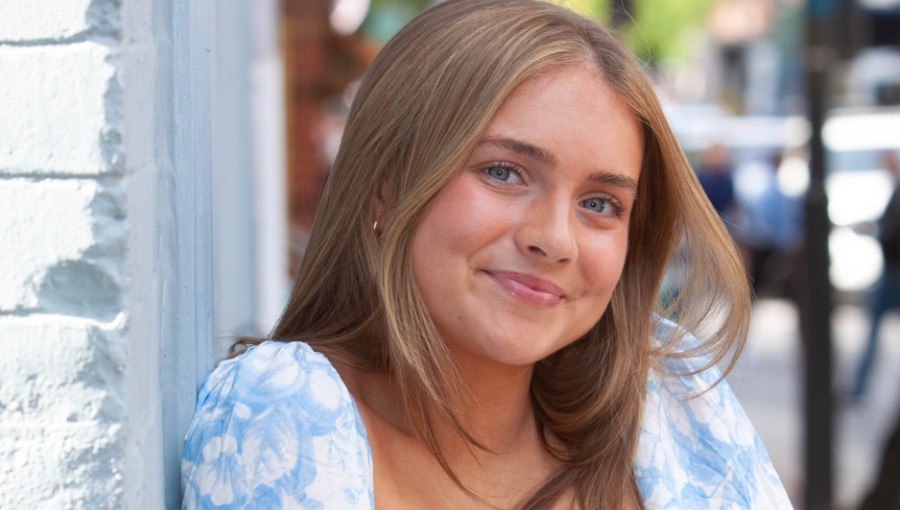John Cabot University Launches Three Summer Graduate Courses in Religion and Politics, Art History, and Archaeology
John Cabot University is pleased to offer three graduate level courses this summer to both graduate students and undergraduate students with advanced standing.
PL 529: Seminar on Religion and Global Politics: May 19 – June 20, 2014
Funded with a grant from the European Consortium for Political Research (ECPR),this seminar examines the topics of Religion and Politics from the perspectives of philosophy, law, and empirical political science. The seminar is designed to help students understand why and how religion influences global politics, and to think about how religion and politics ought to influence each other in different democratic societies.
The seminar is divided into three parts, each taught by a professor adopting a different disciplinary perspective on the topic. An international expert on political and religious identities in Catholic and Muslim societies, Professor Driessen will teach the empirical part of the seminar, addressing concerns about how, why, and where individuals are religious across the globe, and in what ways their religious ideas and identifies influence their political decisions and behaviors. Professor Harris, a Harvard Law School graduate with expertise on constitutional law, will teach the legal part of the seminar, in which students will examine the major questions posed by constitutional and human rights of religious freedom. In the normative part of the seminar, Professor Bailey, who specializes in modern and contemporary moral and political philosophy, will focus on the themes of “dialogue” and “toleration” in debates over the role that religions ought to play in democratic politics.
In addition to the seminar, students will visit religious and political institutions in Rome, such as the U.S. Embassy to the Holy See, the Pontifical Council for Peace and Justice, the Sant’Egidio Community, the Rome Synagogue, and the Grand Mosque of Italy. Students will also partake in a two-day international conference on “Rethinking Political Catholicism: Empirical and Normative Perspectives” at John Cabot University May, 22-23, 2014.
AH 596: Roman Baroque Sculpture
Taught by Professor Linda Nolan, a scholar in early modern Italian art, critical theory, and the reception of ancient Roman sculpture, this seminar examines the sculpted objects of the Roman Baroque (late 16th-17th century). Rome was the center of sculptural production under the patronage of cardinals, popes, and private individuals, and was also the school for sculptors who sought direct experience with the works of their predecessors: ancient Greco-Roman and Renaissance sculptures accessible in the early art collections, palace courtyards, piazzas, and churches of the city. Dramatic religious change challenged sculptors to reinvent the classical tradition in the service of church ambitions, which prompted artists to experiment in design and mixing media.
This course will focus on some of the best-known sculptors of the Baroque, as well as the lesser-known masters of metalwork and the artists who participated in the workshops of Bernini and Algardi. Students will discuss the critical reception of Baroque sculpture in contemporary and modern scholarship, connoisseurship and attribution of sculptures, the material manufacture of sculptures of diverse media, the role of ancient and Renaissance art, representing innovative and problematic subjects both secular and religious, the sculptor as designer/head of workshop, and the place of local and foreign sculptors in 17th century court-culture. Beyond a comprehension of Baroque sculpture, the course aims for a mastery of art historical research skills, the evaluation of current scholarship, and independent critical thought on art. Lectures will be complemented by on-site trips to museums and churches throughout the seminar.
ARCH 400: Archaeological Excavation and Methodology (advanced undergraduate and graduate)
ARCH 500: Archaeological Excavation and Methodology (graduate)
July 21 -August 16
Held offsite at the Alberese Archaeological Field School in Tuscany, the course provides students with an opportunity to gain practical experience in the methods and techniques of archaeological excavation and interpretation. This is aimed at developing independent research and supervisory skills.
The course forms part of a Research Project that investigates international exchange networks and settlement patterns in Roman central Italy between the mid-Republican period and late Antiquity. The Project focuses on a series of exceptionally rich and well-preserved sites: a temple sanctuary dedicated to Diana, a river port and workshop complex, and a Roman villa.
To qualify, students must have either previous on-site excavation experience, or one advanced course in archaeology, classics, art history or a related field as permitted by the instructor. This is a research seminar open to advanced undergraduates and graduate students.
The Field School in Archaeology and Methodology, held from July 21-August 16, is focused on the excavations of the Roman river port of Rusellae, in particular the complex of artisan workshops and ateliers. Students will receive training in the methods of complex stratigraphic excavation and interpretation, in artifact and environmental studies, and in archaeological research methods. They will be introduced to specialized topics related to the archaeology and history of the site, the history of the region, and considerations of the ancient economy. Visits to related sites and museums will contextualize the archaeological results and encourage considerations of regional developmental histories.





